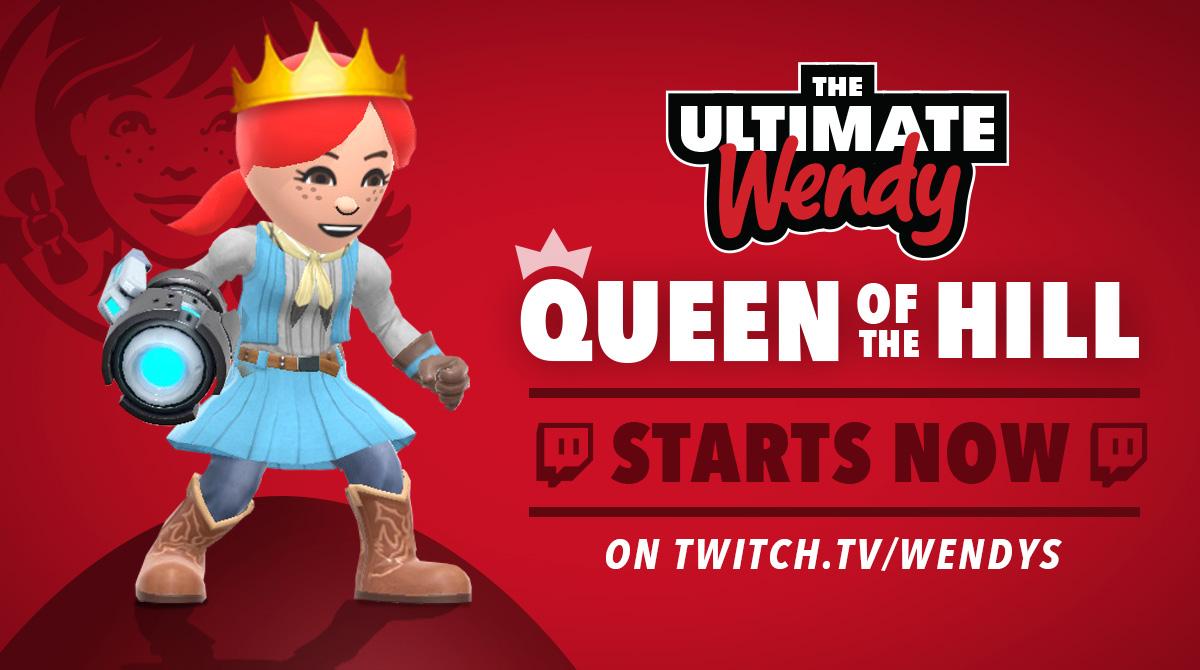Move aside, ethos, logos and pathos—memes are the hottest new marketing device in town. Fast food chains like Wendy’s have known this for several years now and have used it to their advantage to attract huge social media followings.
The old model of social media branding, which relied primarily on advertising good deals and satisfied customers, seems so impersonal and unimaginative compared to what Wendy’s is doing right now.
After all, what other brands are parodying Cardi and Megan’s “WAP” lyrics with “4 for $4s in this house,” just to tweet two days later offering to “spice up your profile pic” because they’re “working on the ol’ Photoshop skills.”
Yet despite this constant stream of fun, enjoyable content, the growing trend of multi-million dollar companies trying to be relatable online sits uncomfortably with me. The tweets are funny, but I get an uneasy feeling in my gut each time a feud between Wendy’s and Burger King pops up on my timeline.
Maybe I’m right to be wary of corporations marching into my pop culture; maybe I’m just jealous of how much funnier than me the Wendy’s marketing team is.
Although Wendy’s is undeniably the reigning champ of creating meme-able branded content, other fast food chains like Burger King and Denny’s have also latched onto this new style of advertising. Burger King tweeted out the decidedly unconventional “breathe the farts of change” in July, while Denny’s went for the more surreal “Shh… The pancake is sleeping.” in August.
Overall, the personification of a faceless company into a quick-witted, reliable friend feels dystopian to me. It blurs the line between reality and advertising, making our consumption choices seem more instinctual than deliberate.
As is the case when social media influencers share sponsored posts, it feels duplicitous when brands try to act relatable; both are pretending to be “just like us,” when in reality their entire online presence is really predicated around selling us something.
Sometimes these fast food Twitter accounts break the fourth wall by acknowledging the young media-savvy intern behind the corporate curtain. Most of their online engagement, however, is as the companies they represent, assigning a complex human identity to something as inanimate and soulless as a fast food chain.
It reminds me of this bit from the TV show ”Community” featuring Subway the “corpo-humanoid,” a man who must live as the company he endorses.
As much as I pretend to hate quirky tweets from America’s most well-known companies, I have to admit: their methods work. I hear far more about Wendy’s deals than Taco Bell’s, despite following neither on Twitter and being a bigger fan of Taco Bell’s food in general.
The “Wendy’s model” of overly-personable corporate content uncannily in-tune with the latest memes will surely serve as the blueprint for the future of advertising, and will extend far beyond its current niche on Twitter.
I dread the capitalistic manipulation of the relationship between company and consumer—because if I believe in anything, I believe in this: Wendy’s is food, not friends.
Cécile Girard is a 20-year-old psychology junior from Lake Charles, LA.







